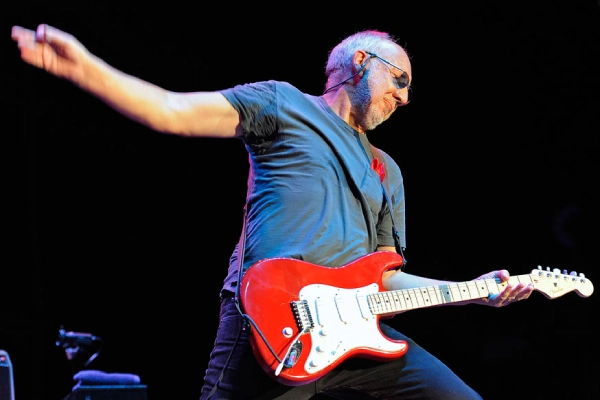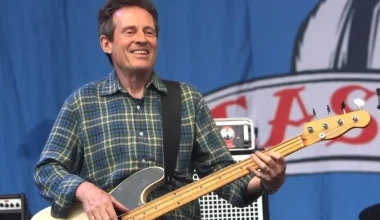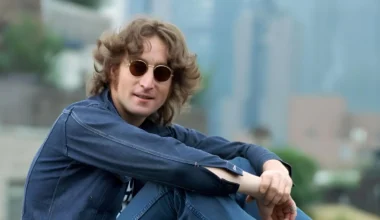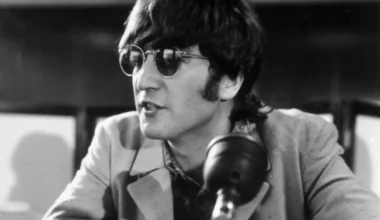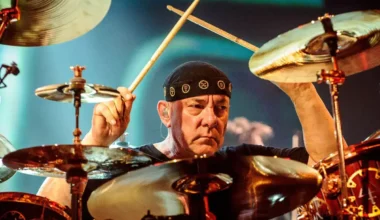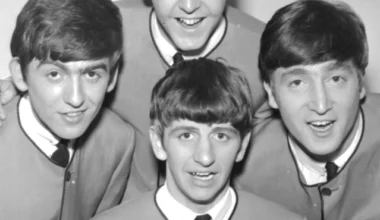Some of the best pieces in the music industry revolved around competition. Although not a sport, artists thrive when aiming to surpass predecessors, elevating music to new heights of innovation. While Pete Townshend had his own unique style as a member of The Who, he believed that one band communicated with their audience more effectively. He recognized their ability to establish a deep connection that he felt surpassed his own.
Since the band’s formation, Townshend has strived to stretch the boundaries of what a traditional rock band should do. Songs like ‘My Generation’ would define the sounds of punk rock in the future. Townshend composed lyrics about praying he died before he got old.
When Townshend began to direct his music outward, he saw the power of music beyond the three chords. Throughout the band’s subsequent albums, the guitarist would frequently combine different song fragments. This led to the creation of mini-operatic moments on songs such as ‘A Quick One While He’s Away’ and ‘Rael.’
Leading up to Tommy, Pete Townshend poured his musical essence into narrating the tale through The Who’s first major concept album. It revolves around a deaf, dumb, and blind youngster. He captivates millions of people with the power of rock and roll and his love of pinball.
While Townshend praised the album as a watershed moment in his songwriting career, not every audience member was on board. Some had reservations about the live performance. Instead of telling the story from beginning to end live, most of the gigs saw the band performing a punctuated version of the record. They covered all of the musical motifs before reaching the impassioned conclusion on ‘We’re Not Gonna Take It.’
As much as Townshend wanted to connect with the audience on a deeper level, The Grateful Dead were already doing it through their continuous jamming. Rather than catering to the pop crowd, The Dead frequently stretched out their songs live, working in communion with one another. This allowed every audience member to feel part of the communal experience when they played.
Later, when discussing the 1960s rock culture, Townshend expressed jealousy of The Grateful Dead’s bond with their audience. He remarked, “The dedication of their fans was interesting.” They were true contemporaries of the band. They were a challenge in some ways because they had an audience connection that I envied.”
While Townshend may have enjoyed what Jerry Garcia was able to communicate with his audience, he soon discovered ways to modify his narrative. This included incorporating elements like the huge films that accompanied Tommy and its twin rock opera, Quadrophenia. Townshend didn’t want his audience to be at arm’s length, but by studying how the Grateful Dead worked. He discovered what a rock band could be other than looking like musical gods on stage.

